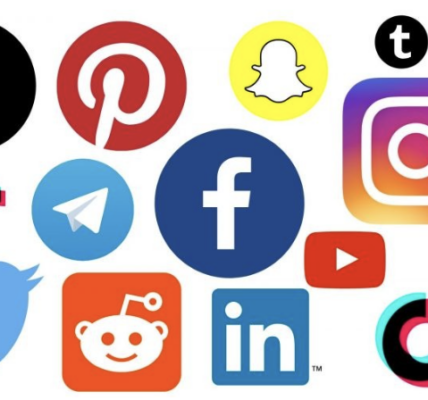Sarah Wynn-Williams says she watched Facebook grow from “a front row seat”
Sarah Wynn-Williams believes Facebook formed a cooperative partnership with Chinese officials to develop content restriction methods for the Chinese market. Sarah Wynn-Williams disclosed her information through a new book and an SEC whistleblower complaint after her tenure as global public policy director at Facebook. The BBC borrowed these revelations, prompting essential inquiries about Facebook’s moral constraints and the company’s support for authoritarian requisitions.
Mark Zuckerberg loves board games but hates losing – according to Sarah Wynn-Williams
Allegations Against Facebook
The leadership of Facebook under Mark Zuckerberg seriously assessed the implementation of control mechanisms that China could manipulate for viral content visibility before users became aware of it. Facebook worked toward gaining entry into China to tap into its enormous population of Internet users and customers. The discussions between Facebook and Chinese officials about censorship systems for the platform never resulted in Facebook obtaining Chinese market entry.
Sarah Wynn-Williams pictured with Mark Zuckerberg (c) and Joel Kaplan, now Meta’s chief global affairs officer
Facebook gave Chinese officials full access to its moderation systems so they could conduct tests of their censorship systems. This information contradicts Zuckerberg’s previous U.S. congressional statements about limiting Facebook’s Chinese government relations.
Facebook’s Response
The parent company of Facebook, Meta, disputed Wynn-Williams’s redundancy claims by stating his termination in 2017 for subpar job execution. The company conducted assessments of Chinese business possibilities yet decided to prevent their continuation. Meta refutes all accusations that it deceived investors and members of Congress during China-related discussions.
The Broader Implications
Such accusations emerge while public concerns about Big Tech coordination with authoritarian governments intensify. The possibility of Facebook enabling censorship to secure Chinese market entry creates important moral dilemmas about the extreme measures tech leaders would embrace for business growth. The situation shows how influential social media entities handle political relations with various global governments.
Facebook founder Mark Zuckerberg went running around Beijing’s Tiananmen Square on a visit to China in 2016
The claims presented by Wynn-Williams contribute to the existing discourse regarding artificial intelligence management and data security concerns. Facebook’s potential agreement to block content for China’s government platforms undermines criticisms about the possible misuse of its platforms to skew public opinion at other locations worldwide.
Sarah Wynn-Williams says she watched Facebook grow from “a front row seat”
Meta has refuted the accusations, but the information provided by Sarah Wynn-Williams contributes to increasing worldwide attention focused on Big Tech industrial corporations and their moral obligations. These leaked claims about Chinese cooperation emphasize the importance of neither bias nor opacity in the technology industry. The worldwide drive toward government regulation will produce an escalating battle between social media platforms and their duty to democratic principles.






